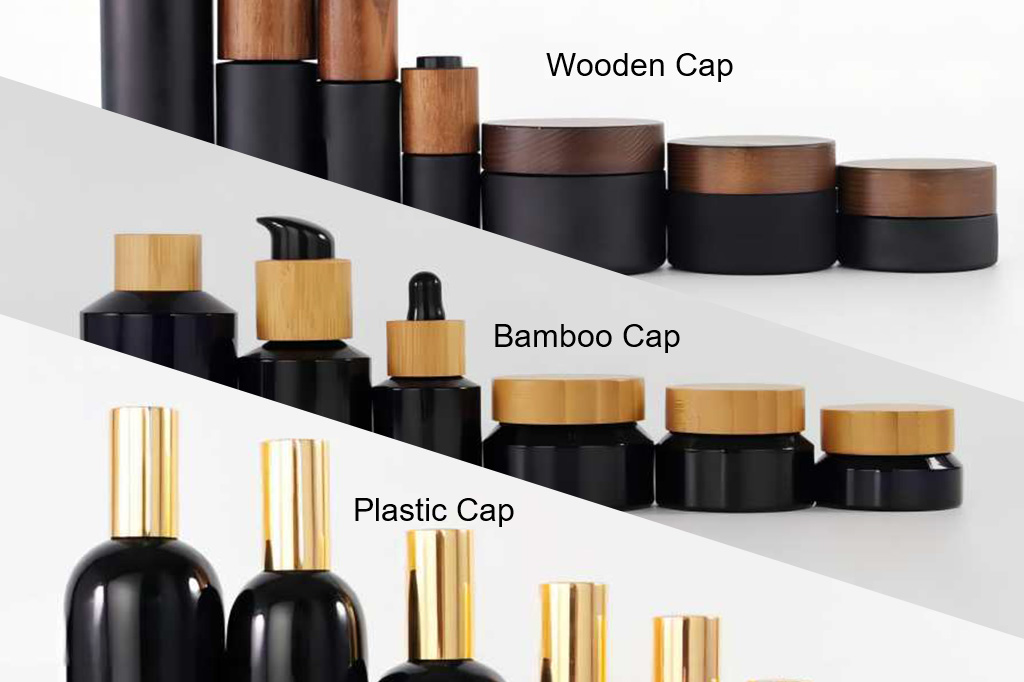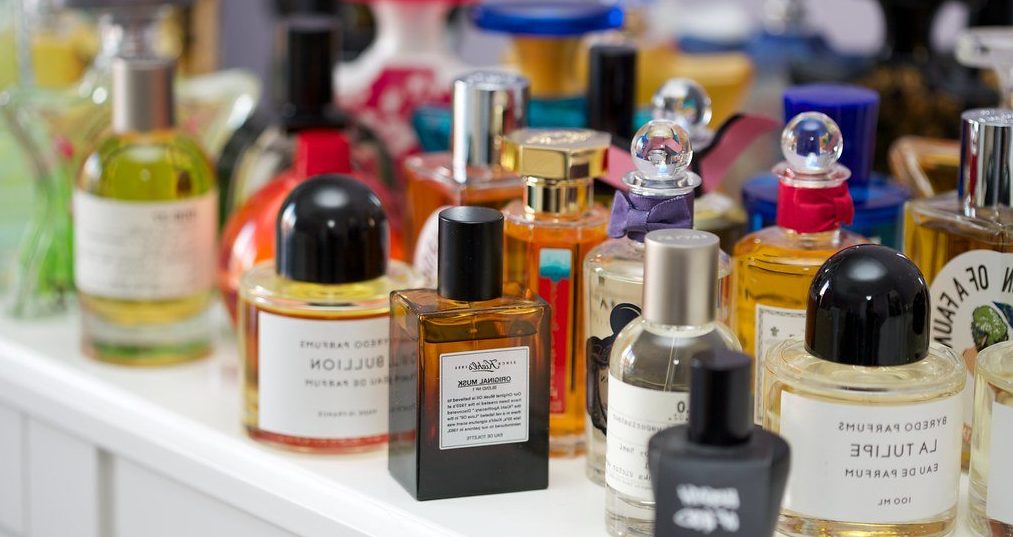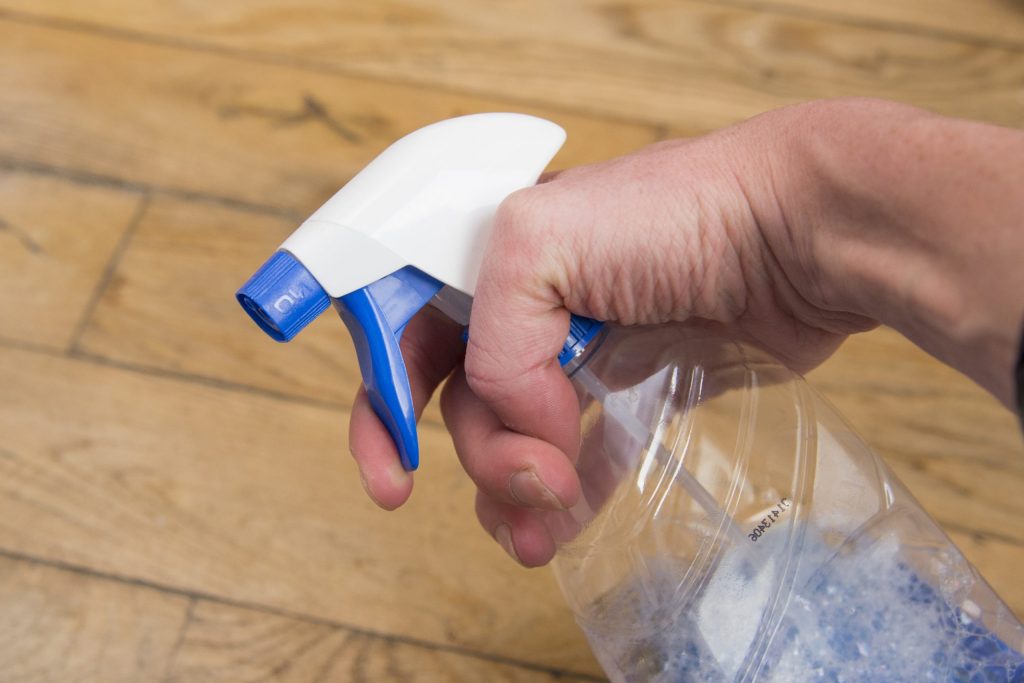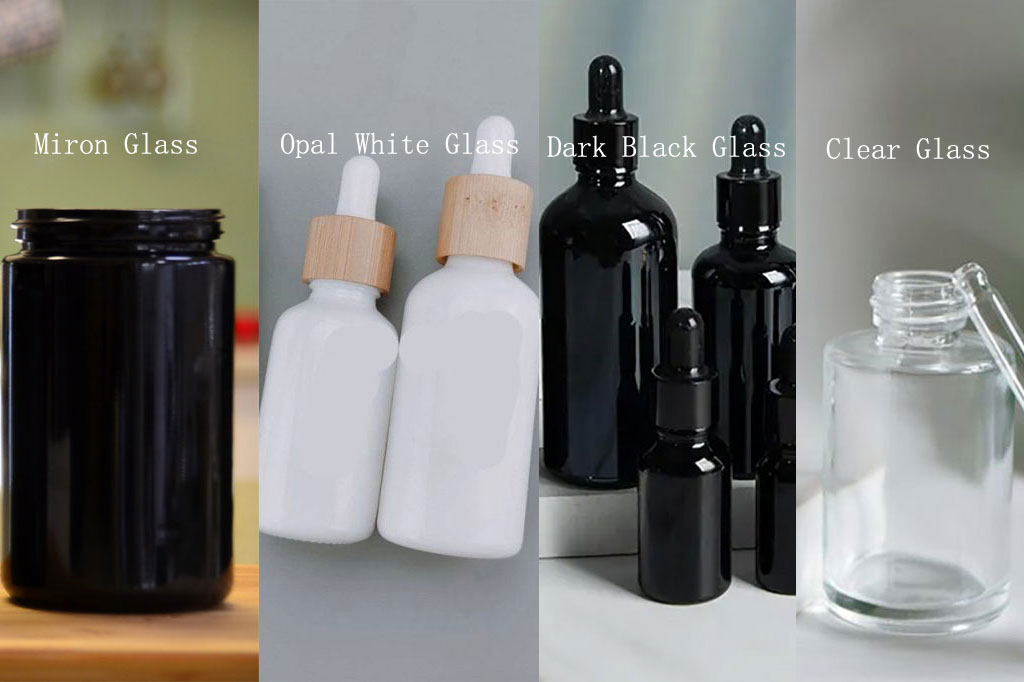One of the key components in cosmetic packaging is the cap material used for sealing glass bottles. With a range of options available, including plastic, bamboo, and wooden, cosmetic manufacturers and consumers alike are exploring which cap material best suits their needs.
3 Cap Materials Comparison
Feature | Plastic Cap | Bamboo Cap | Wooden Cap |
Material | Made from various plastics like PP, PE | Made from natural bamboo | Made from natural wood |
Sustainability | Generally less sustainable | More sustainable | Generally sustainable |
Recyclability | Some can be recycled, but often mixed with other plastics | Usually biodegradable | Often biodegradable |
Appearance | Modern and sleek; available in various colors and finishes | Natural and unique grain patterns | Natural with different wood grains |
Cost | Generally the most cost-effective | Mid-range cost | Higher cost due to wood material |
Durability | Durable; resistant to moisture and impacts | Durable, but can degrade over time | Durable, but can absorb moisture |
Customization | Easily customizable with colors and textures | Limited customization compared to plastic | Limited customization |
Common Uses | Widely used for most cosmetic bottle caps | Popular for eco-friendly cosmetic brands | Often used for premium and natural products |
Environmental Impact | Can contribute to plastic waste | Lower impact due to biodegradability | Lower impact due to biodegradability |
Plastic Caps
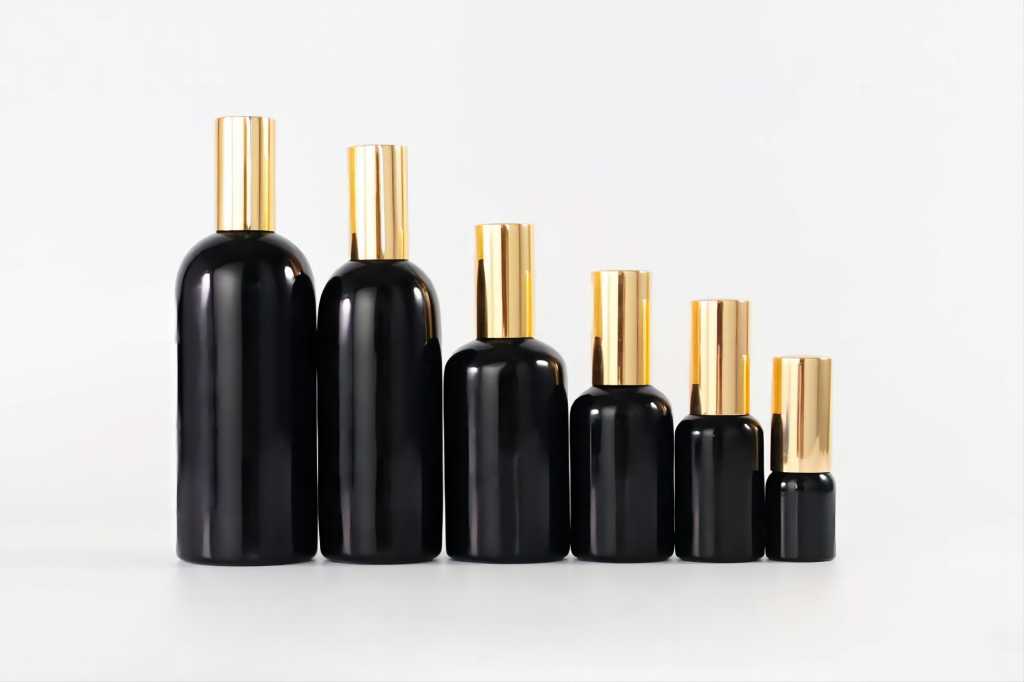
Plastic caps for cosmetic bottles are made from durable materials like polypropylene or polyethylene, offering a wide range of colors, shapes, and sizes. They are lightweight and resistant to moisture, making them suitable for various liquid and cream-based products.
Additionally, plastic caps often have threading for secure closure, and many come with inner liners or seals to prevent leakage. They’re typically cost-effective and versatile, but less eco-friendly compared to bamboo or wooden caps.
Pros | Cons |
|
|
Bamboo Caps
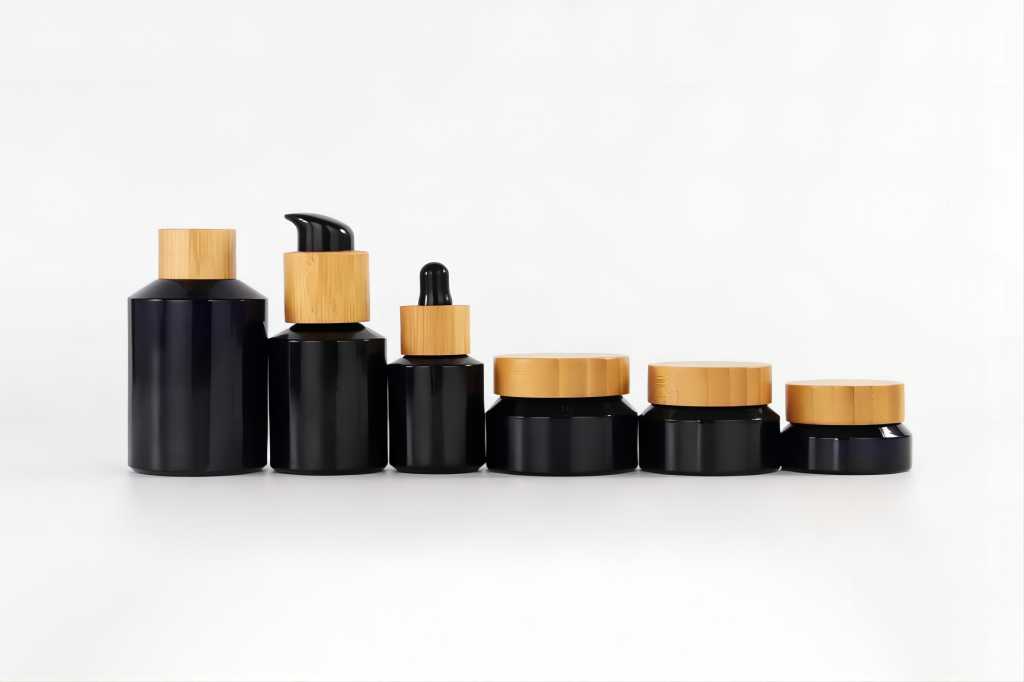
Bamboo caps are made from sustainably sourced bamboo, offering an eco-friendly and natural option. With their distinct texture and color, they add a touch of nature to cosmetic packaging while providing a unique appearance.
Bamboo caps often come with inner plastic components to ensure proper sealing and durability. While they are slightly more expensive than plastic caps, they align with eco-conscious brand values and can be used for premium product lines.
Pros | Cons |
|
|
Wooden Caps
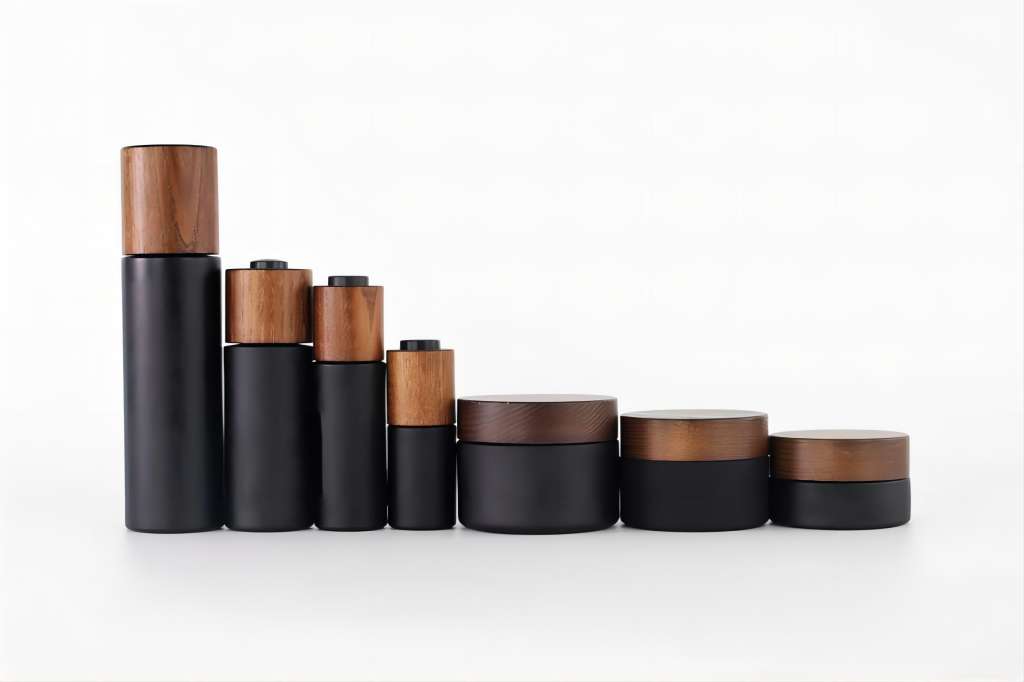
Wooden caps are generally made from natural hardwoods, such as oak or walnut, offering a premium aesthetic with a rich, organic feel. They are often heavier than plastic or bamboo caps and require special treatment to enhance durability and moisture resistance.
Wooden caps may include threaded inserts for a secure fit, and they could be pricier because of the material and craftsmanship required to make them. They appeal to brands seeking a luxurious and sustainable presentation.
Pros | Cons |
|
|
Which Cap Material Is Right for You?
The choice between plastic, bamboo, and wooden caps ultimately depends on your brand’s values, budget, and target market. Plastic caps are affordable and adaptable, which makes them a suitable choice for many different products. Bamboo caps offer a sustainable and unique look, aligning with eco-conscious branding. Wooden caps deliver a luxurious and organic feel, suitable for premium cosmetic lines.

